NICB-REC Members
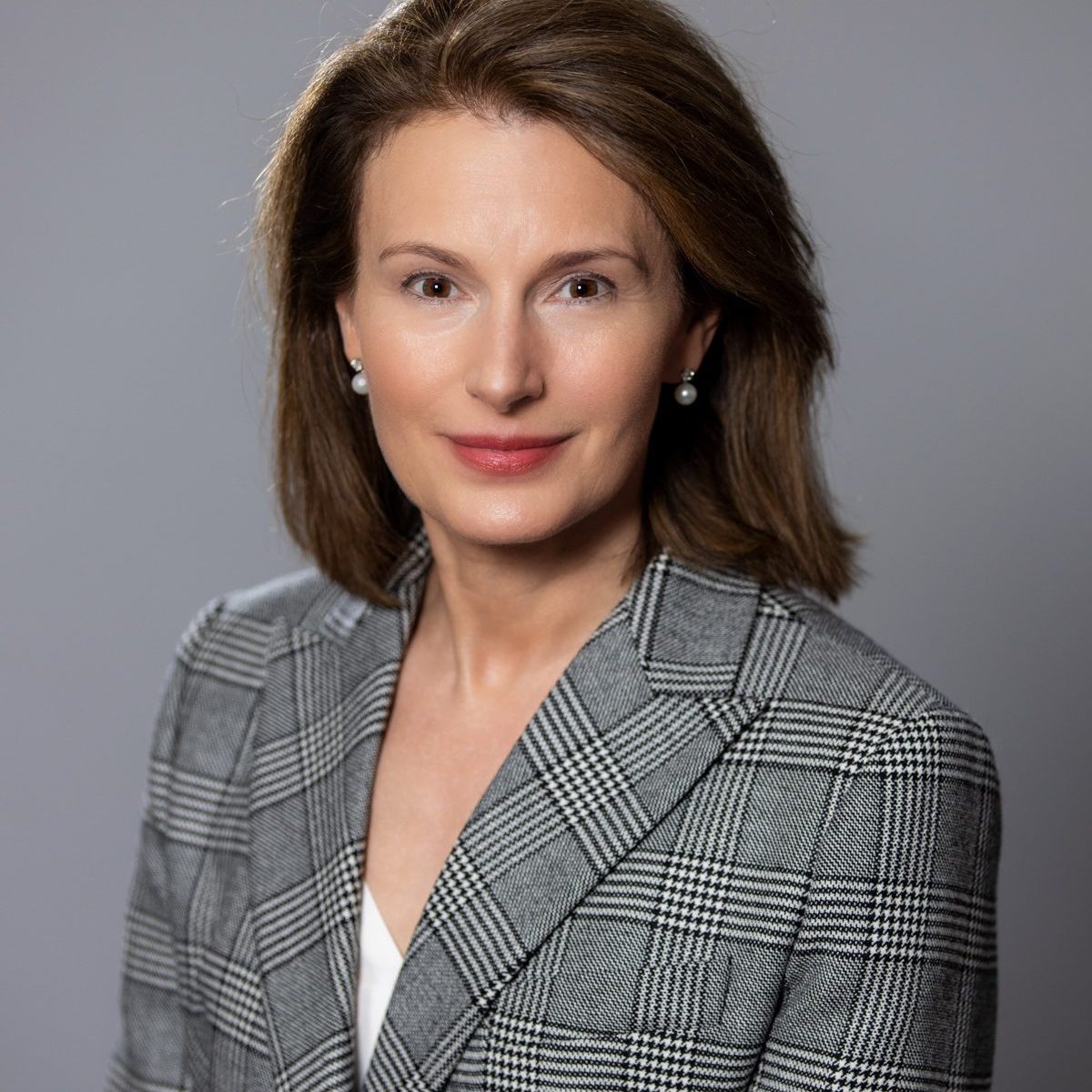
Dr Georgina Flood
Dr Georgina Flood (née Howard-Alpe) is a Consultant Anaesthesiologist at Mater Misericordiae University Hospital & Mater Private Hospital, Dublin and Associate Clinical Professor at University College Dublin. She is Chairperson of the research ethics committee (REC) which serves both MMUH and MPH and is a current member of the Medical Advisory Board of MPH.
Georgina studied undergraduate medicine at the Royal Free Hospital Medical School in London and competed her postgraduate training in general medicine, anaesthesiology and intensive care medicine across hospitals in London, Bristol, Oxford and Dublin. She undertook research fellowship training in Oxford investigating aspects of cardiac risk perioperatively. On moving to Ireland in 2008 she completed further fellowship training in cardiothoracic anaesthesiology and has worked as a substantive Consultant Anaesthesiologist at MMUH since January 2011. During her career she has been involved in both clinical and laboratory based research work and in her role as a practising clinician at a university-affiliated teaching hospital she is involved in teaching and training both undergraduate medical students and postgraduate non-consultant hospital doctors.
As part of her clinical post she undertakes and supervises clinical audit and quality improvement activities. Georgina chaired the Division of Anaesthesia, Intensive Care and Pain Medicine from 2018 to 2021, and has worked on various College of Anaesthesiologists of Ireland working groups including the National Model of Care for Anaesthesiology, published in 2019. Georgina has sat on the Mater REC since 2013 and has extensive experience and understanding of research ethical issues and the rights of research participants under GDPR and more specifically the Health Research Regulation. She has a broad interest in ethical issues relating to both patient care and health research. Her experience, both as a senior clinician and an ethics committee member, means she understands the vulnerability of many patients and the importance of medical research to improving patient outcomes and care. She believes that biobanks offer enormous scientific potential and are vital to future healthcare research, but appreciates the challenging ethical dilemmas they can manifest. Georgina hopes to support the success of the NICB by ensuring a solid ethical framework underpins this valuable national resource through the NREC-NICB.
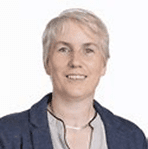
Dr Anne Moore
With extensive vaccine and infectious disease expertise, Anne’s research involves development and clinical testing of vaccines against viruses such as SARS-CoV2, influenza, Ebola, RSV, HPV and HIV and against malaria parasite. Anne has significant expertise in developing thermostable vaccines to enhance ease of deployment and ease of use as well as expertise in vaccine confidence issues in Ireland & cross-disciplinary research. She also has considerable experience in translating lab-based research to clinical and commercial settings.
Anne graduated with a degree in biochemistry from University College Cork and completed a PhD in HIV vaccine immunology with Professor Kingston Mills. She embarked upon post-doctoral work on defects in immune responses in HIV-infected individuals in the Wistar Institute in Philadelphia and further work on recombinant vaccines against viruses such as HIV and Ebola virus in Dr. Gary Nabel's lab, then at the University of Michigan. As a senior immunologist in Prof. Adrian Hill's group in the University of Oxford, Anne developed several T-cell-inducing vaccine candidates against malaria, TB and influenza, and was involved in clinical trials of these and other vaccine candidates. She took a position as a Lecturer in Pharmacology at UCC in 2007. In 2016 she worked for 10 months with the vaccine biotech company, Vaxart in South San Francisco, where she worked on tablet-based oral vaccines for a range of therapeutic and prophylactic vaccine. In September 2018, she took a position as Senior Lecturer in Biochemistry and Cell Biology at UCC.
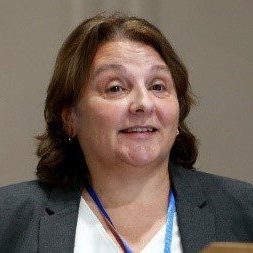
Prof. Kathleen Bennet
Brian is a medical doctor, a Fellow of the Royal College of Pathologists, and is registered as a specialist pathologist in the UK and Denmark. He has led significant national public biobanking infrastructures as the CEO of Core UK (the UK’s former national cancer biobank) and as managing director of Qatar Biobank. In both positions Brian advised the respective health ministries and national research ethics services in relation to the ethical issues and review processes for human research biobanks. Brian held the position of Global Head of Biobanking at Novo Nordisk for four years between 2012 and 2016. He was subsequently Senior Director of Human Biosample Governance and responsible person for GDPR compliance for global research at Novo Nordisk until 2020. During this time, he also served on the International Society for Biological and Environmental Repositories (ISBER) science policy committee. Brian was a member, representing Denmark, of the International Standards Organisation (ISO) technical committee which drafted ISO 20387:2019 General requirements for biobanking, which is now the international accreditation standard for research biobanks.
Brian is experienced in human-based basic, translational, pre-clinical and clinical research, including biobanking, bioethics, regulatory and legal compliance, human rights, privacy/data protection, social responsibility, quality and safety.
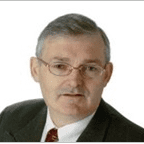
Mr John Culliney
John has a keen interest in patient and public involvement in all aspects of health research and ethics. He brings to the table lifelong experiences capturing multi-disciplinary skills across a wide scope of industry and services. His years in the corporate world have honed his skills in both soliciting and responding to employee feedback while welcoming a broad and diverse engagement amongst staff and colleagues. He has a developed and keen emphatic awareness and has worked with vulnerable and dependent people in times of crises. John has experience in PPI review of funding applications and brings a wealth of lived experience to the Ethical assessment process.
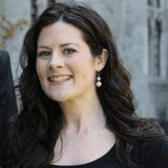
Dr Aisling De Paor
Aisling is Associate Professor of Law at the School of Law and Government, Dublin City University, where she lectures modules including ‘Genetics Law and Society’ and ‘Medical Law and Bioethics’. She also directs experiential legal education activities at DCU including ‘Moot Court’ and the Law Internship Programme. Aisling is a member of DCU’s Governing Authority.
Aisling’s research interests lie in the fields of genetics law and policy, medical law and disability law and policy. She has published in these intersecting fields in journals including the European Journal of Health Law, the European Yearbook of Disability Law, the Journal of Community Genetics and the Irish Journal of Medical Science. Aisling is author of a book entitled ‘Genetics, Disability and the Law’ (Cambridge University Press 2017) and co- editor of a book entitled ‘Genetic Discrimination – Transatlantic Perspectives on the Case for a European Level Legal Response’ (Routledge 2014).
Aisling is an honorary fellow and an affiliated researcher of the Burton Blatt Institute, Syracuse University, New York (a leading disability law and policy institute in the United States) and was a visiting scholar at this institute in 2012, 2014 and 2018. She currently sits on the Ethics Advisory Board for an EU Horizon 2020 project, iReceptor Plus, a multidisciplinary initiative to develop personalised medicine and genetic advances. She holds a law degree (BCL) and PhD from NUI Galway, a masters in law (LLM) from University College Cork, and is a qualified solicitor (Law Society of Ireland).
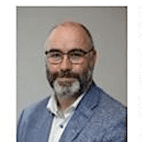
Prof. Sean Hynes
Sean is the Chair of the Precision medicine group at Saolta and University Hospital Galway. He holds a PhD in molecular Biochemistry and was a Richard Steevens fellow at the Northern Ireland Molecular Pathology Laboratory and Northern Ireland Biobank. His research interests include digital pathology, precision medicine, gastrointestinal cancer, and breast cancer. Sean has delivered a talk on an integrated approach to biobanking pathology at the bioBANC symposium hosted by the Cancer Biobank at the University of Galway in Sept 2022. He is also a member of the Biobank Ireland Trust.
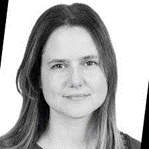
Dr Sonja Khan
Sonja is a Lecturer on the taught Masters programme in Clinical Research and is based in the HRB Clinical Research Facility Galway (CRFG) at the University of Galway. She teaches modules in biobank ethics, biobank-advanced clinical testing and application, and ethical and regulatory frameworks of clinical research. Sonja is a monitor on a number of regulated clinical trials which are conducted in the CRFG. She holds a Masters in Regenerative Medicine and a PhD in Medicine from University of Galway. Sonja delivered a talk on ‘Biobanking in Higher Education and Research’ at the BioBANC Symposium hosted by the Cancer Biobank at the University of Galway in Sept 2022.
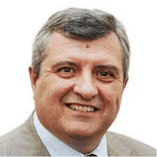
Dr Patrick Manning
Pat is a medical doctor with a PhD in Physiology and Pharmacology from McMaster University, Canada. On top of his clinical and research interests he sits on the Clinical/Research Ethics Committee at the Bon Secours Healthcare System and was a member of the first National Research Ethics Committee: NREC-COVID-19. He was formerly National Clinical Lead in Asthma (tasked with implementing the National Asthma Programme) with the Health Service Executive and Royal College of Physicians in Ireland.
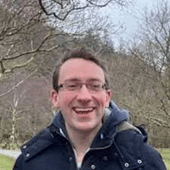
Dr Kevin May
Kevin holds a Bachelor of Medicine from RCSI and a post graduate certificate in clinical trials from University of London. He spends two days of his week with Safetynet Primary Care looking after migrants and asylum seekers, one day of his week at Amaranta Family Practice and two half days each week with Mount Merrion Medical Centre.
Kevin has specific experience and expertise in biomedical science, data protection, infectious disease medicine, paediatric medicine, pharmacology, pharmaceutical medicine and public health medicine. He was previously a hospital doctor in rheumatology, elderly medicine, emergency medicine, psychiatry, obstetrics & gynaecology and paediatrics.
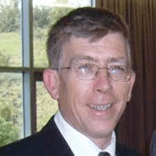
Prof Shaun O'Keefe
Shaun holds a degree in medicine from University College Dublin. His areas of interest include nursing home standards, consent and mental capacity. On top of his medical and research career, Shaun previously was the Chair of the Clinical Research Ethics Committee at University Hospitals Galway and currently co-Chairs the HSE Advisory Group on revising the National Do-Not-Attempt-Resuscitation Policy and the HSE Working Group on Implementing the Assisted Decision making (Capacity) Act. Shaun has also served as a committee member on NREC-COVID-19.
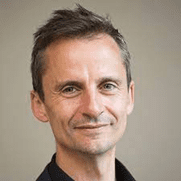
Prof Cathal Seoige
Cathal is Professor of Bioinformatics in the School of Mathematical and Statistical Sciences, University of Galway, and Director of the SFI Centre for Research Training in Genomics Data Science. He obtained an undergraduate degree in Theoretical Physics and a PhD in Bioinformatics, both from Trinity College Dublin. Following his PhD he worked as a postdoctoral researcher in RCSI before moving to Cape Town as Director of Bioinformatics Training at the South African National Bioinformatics Institute (SANBI) and coordinator of a Technology Roadmap for Biotechnology for the South African Government. He then worked as a lecturer at the University of the Western Cape and then as an Associate Professor at the University of Cape Town, returning to Ireland as SFI Stokes Professor of Bioinformatics in 2009.
His research involves the development and application of computational methods for the analysis of genome-scale biological data. Current research projects include identification of sources and consequences of variation in rates and patterns of germline and somatic mutation as well as unbiased estimation of tumour mutation burden and the predicted impact of variation in mutation signature activity on the burden of immunogenic mutations in cancer. His research group has developed R packages that are widely used in applications such as gene expression deconvolution and mutation signature analysis in cancer genomes.
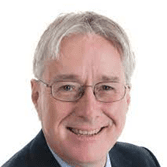
Prof Anthony Staines
Anthony Staines is a Professor of Health Systems in the School of Nursing, Psychotherapy and Community Health in Dublin City University. Anthony holds a degree in medicine from Trinity College Dublin, an MSc in Epidemiology from the London School of Hygiene and Tropical Medicine, and a PhD in Spatial Epidemiology from the University of Leeds.
His research interests include disability services, carers, health information and cancer. On top of his academic career, Anthony is on the board of St. Michael's House and sits as a sub-committee member of NREC-COVID-19.
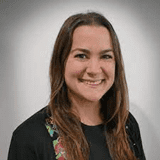
Dr Ciara Staunton
Ciara is a Senior Researcher and member of the Biomedical Ethics and Policy Group at the Institute for Bioethics, Eurac Research (Italy) and a Honorary Research Associate at the University of KwaZulu-Natal, South Africa. In October 2023 she was appointed a Consultant to the WHO on WHO Guiding Principles for Human Genome Data Sharing. Ciara’s research focuses on the governance of new and emerging technologies, in particular stem cell research, genomic research, and biobanking. Her most recent research looks at the use of health data in research, and in particular, the legal and ethical issues associated with the sharing of that data in research.
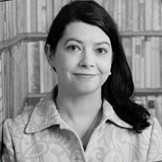
Joan Jordan
Joan is an active patient advocate with a strong motivation to be involved in health research and ethics. She followed the EUPATI Patient Expert course and has worked as a PPI contributor on research papers focussing on recruitment and retention for Randomised Control Trials.
EUPATI training provided Joan with a good understanding of the medical research and development process, and she has a keen interest in standards (GDPR, Informed Consent, Patient Reported Outcomes) and ethics. She rightly believes that patients should have an equal seat at the table and be listened to, throughout a project. Nothing about us without us!

